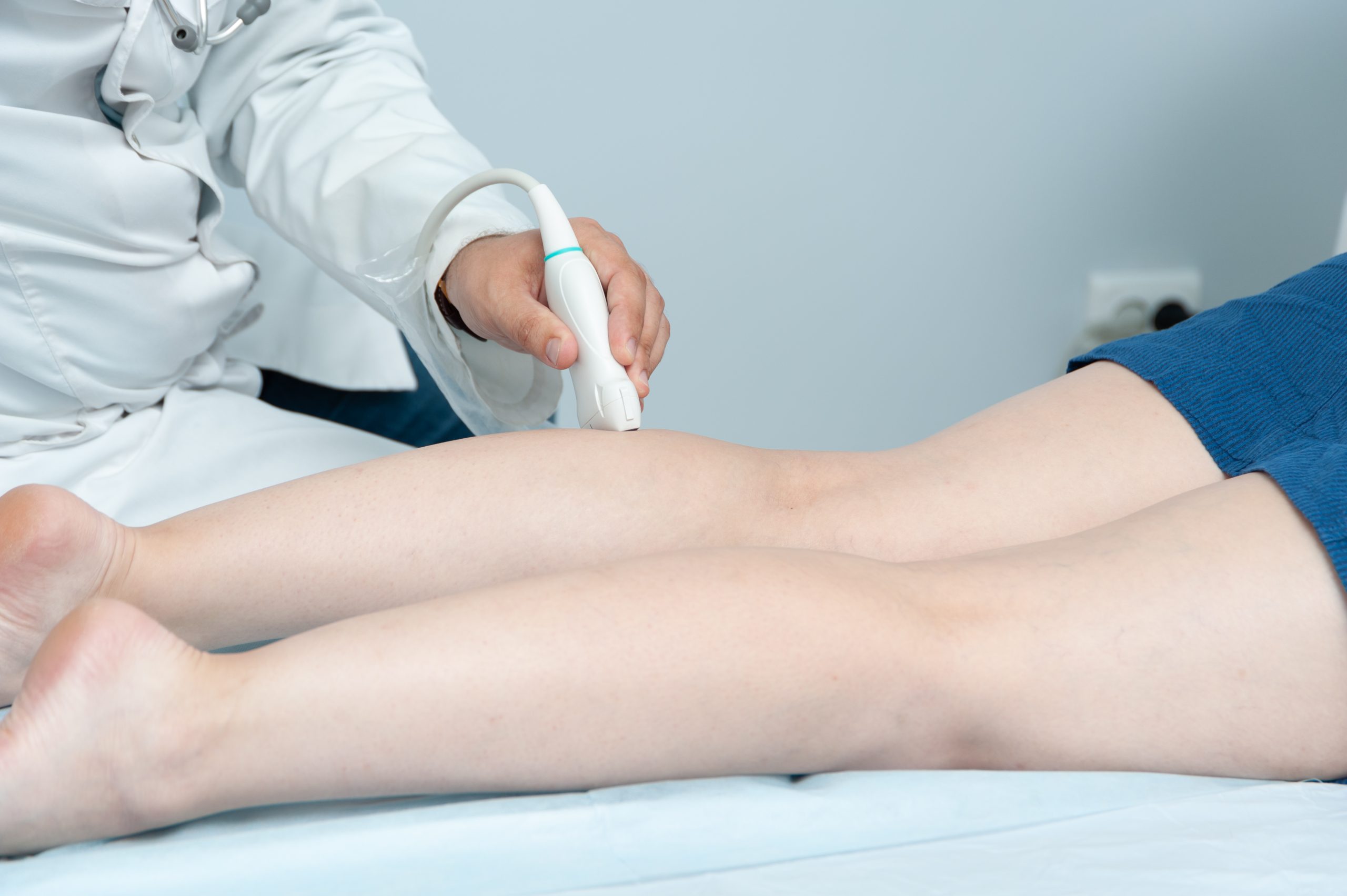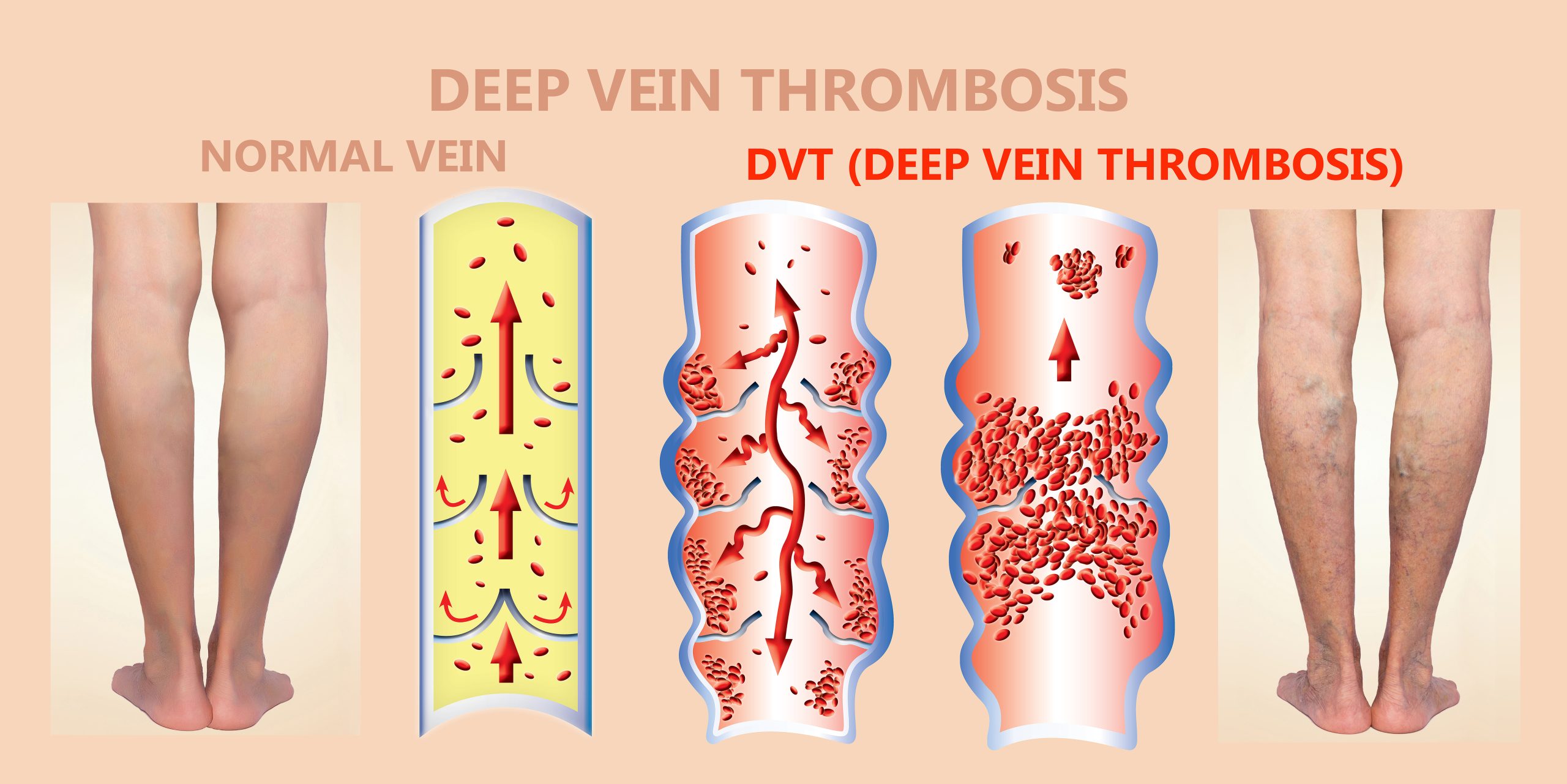Hernia
How Long Can You Wait to Have Hernia Surgery?

by admin
18th August 2023
6 minutes read
Hernia is a medical condition that causes an abnormal bulge or protrusion of any organ or tissue in your body through a weakened or damaged muscle wall, thereby disrupting the natural protective barrier. Initially, hernias develop as small painless lumps that can gradually enlarge in size and cause discomfort and other related symptoms. Typically hernias occur due to increased intra-abdominal pressure that occurs because of any excess strain or exertion that can damage the muscle within which the organ or tissue is contained. You can commonly see hernias developing in your abdominal or pelvic areas but they can also occur in your groins, umbilicus (belly button), and lower chest.
Smaller, asymptomatic hernias do not require surgery and can be managed through non-surgical methods like lifestyle changes and medications. Lifestyle changes include weight loss, a fiber-rich and fat-free diet, quitting smoking, regular exercises, and avoiding lifting heavy objects. However, hernias enlarge over a period of time and cause symptoms like severe pain, discomfort, nausea, vomiting, constipation, heartburn, acid reflux, chest pain and shortness of breath. Such lumps need to be surgically treated to alleviate the symptoms and prevent recurrence.
This article explores the factors which help you and your surgeon decide how long you can wait for hernia surgery. Read on to know why you need hernia surgery, how long you can wait for the surgery and what can happen if the hernia is left untreated.
Why Do You Need Hernia Surgery?
Usually small and asymptomatic hernias do not require any surgical treatment and can be managed by medications and lifestyle changes. Medications help to alleviate pain due to hernia and laxatives aid in easy bowel movements to avoid further strain on your abdominal muscles. However you may need a hernia surgery when:
- All the non-surgical methods fail to provide you relief.
- Your hernia enlarges rapidly pressing against the surrounding structures.
- You have severe and throbbing pain and discomfort that affects your quality of life.
- Your tissues get trapped in the abdominal walls which is known as obstruction.
- When the trapped tissues do not get adequate blood supply which is known as strangulation. When your hernia is strangulated it can cause permanent damage and is a life-threatening emergency. This can make you very sick due to necrosis or death of tissues around your hernia.
- You experience fever, nausea, vomiting and severe acid reflux
How Long Can You Wait to Have Hernia Surgery?
Hernias do not always need surgical treatment, at least not immediately. These lumps enlarge in size gradually over a period of time ( approximately 1 to 2 years). Most often these lumps go unnoticed and you may not need any treatment at all. If the hernia is small and you don’t have any obvious symptoms, or if the symptoms present don’t bother you much and do not negatively impact your quality of life, you and your surgeon can simply wait and watch for symptoms to occur.
Every individual is different with different disease patterns so it depends on your situation and the type of hernia, to decide how long you can wait for hernia surgery. However, hernias do not resolve on their own, and you will require surgery at some point of time. But do not wait until your hernia worsens.
What Are The Types of Hernia Surgery?
The main principle behind a hernia repair is locating the hernia sac, removing the contents within it and pushing the involved organ or connective tissue back to its original position and placing a mesh over it. The mesh used is an artificial prosthesis made up of plastic that helps to keep the organ secure in its position and prevent reherniation ( recurrence of hernia). This can be done through the following techniques:
-
Open hernia surgery
-
-
- This is a traditional method that involves a large incision (cut) to gain access to the surgical site to repair and place the mesh.
- The incision is as large as 3 to 4 cm.
- Once the hernia is either tied off or removed the incision is closed through sutures.
-
-
Laparoscopic hernia surgery
-
-
- This is a latest advanced technique that involves 2 to 3 keyhole-sized cuts that measure around 1 to 2 mm.
- The abdominal cavity is inflated through a chemical gas.
- A special device known as laparoscope is inserted through one of the incisions. A Laparoscope is a device that consists of a tiny camera and a light source to capture images of the interior of the surgical site and project it on a big screen.
- This helps the surgeon perform the procedure and place the mesh by inserting through other incisions.
-
-
Robotic hernia surgery
-
- This technique is the same as the laparoscopic approach but it involves Robotic technology.
- Here the surgeon is seated at a console in the operating room, and handles the surgical instruments through the console.
What Will Happen if You Leave a Hernia Untreated?
Hernias do not resolve on their own, hence they should not be ignored. If not now but you will require a hernia surgery at some point for time. So you need to monitor your lump carefully.
However you should not leave a hernia untreated for a long time when you begin to notice obvious symptoms that predispose you for hernia surgery. If you leave it untreated, it can cause serious complications like:
- Strangulation of the hernia occurs when a part of the tissue gets trapped within the muscle wall and does not get sufficient blood supply. This leads to tissue death and gangrene
- Severe pain and discomfort with poor quality of life.
- High-grade fever (> 103 degrees) with nausea and vomiting.
- Heartburn, acid reflux, chest pain, and shortness of breath.
- Negative impact on your overall health.
- Larger hernias are difficult to repair, which involves a complex surgical procedure.
- Recovery from complex hernia surgery can take longer than expected.
Takeaway
The need for hernia surgery depends solely on the size, severity of the hernia, and the symptoms that occur. Some patients may benefit from waiting before having hernia surgery if the hernia is small with no obvious symptoms that would disrupt their daily activities. Certain debilitating diseases like diabetes (high blood sugar levels), or presence of infection, the use of blood thinners, and other ongoing health issues can lead to delays in surgical treatment.
You can wait until you experience any major hernia symptoms before you and your surgeon decide to undergo hernia repair. For further queries and information, contact our healthcare professionals at Medfin.
Disclaimer:
The content on this site is the copyright of Medfin and is intended for informational and educational purposes only. This should not be considered as a substitute for medical and surgical expertise. Results from any treatments or surgeries are subjective to an individual patient and the type of procedure/ surgery performed. Please seek professional help regarding any medical concerns. Medfin will not be responsible for any act or omission arising from the interpretation of the content present on this page.
CATEGORIES
- ACL Reconstruction
- Anal Fissures
- Anal Fistula
- Appendicitis
- ASK A DOCTOR
- Benign Prostatic Hyperplasia
- Breast Lump Excision
- Cataract
- Circumcision
- Conditions & Diseases
- Cosmetology
- Covid-19
- Cure
- Endocrinology
- ENGLISH VIDEOS
- Eye Care
- Gallstones
- General Surgeries
- Government Schemes
- Gynaecology
- Gynecomastia
- Health
- Health Insurance
- Hernia
- Hindi
- Hip Arthoscopy
- Hip Replacement
- Hip Replacement Surgery
- Hydrocele
- Kannada
- Kidney Stones
- Knee Arthroscopic
- Laparoscopic
- LASER
- Latest Treatments
- Lifestyle
- Liposuction
- Medfin Stories
- Medicine
- Nephrology
- Ophthalmology
- Orthopaedic
- Paraphimosis
- Patient Testimonials
- PCL Reconstruction
- Phimosis
- Piles (Hemorrhoids)
- Pilonidal Sinus
- Proctology
- Prostate Artery Embolization
- Rhinoplasty
- Second Opinion
- Total Knee Replacement
- Urology
- Uterine Artery Embolization
- Uterine Fibroids
- Varicocele
- Varicose Veins
- Vascular
- VIDEOS







